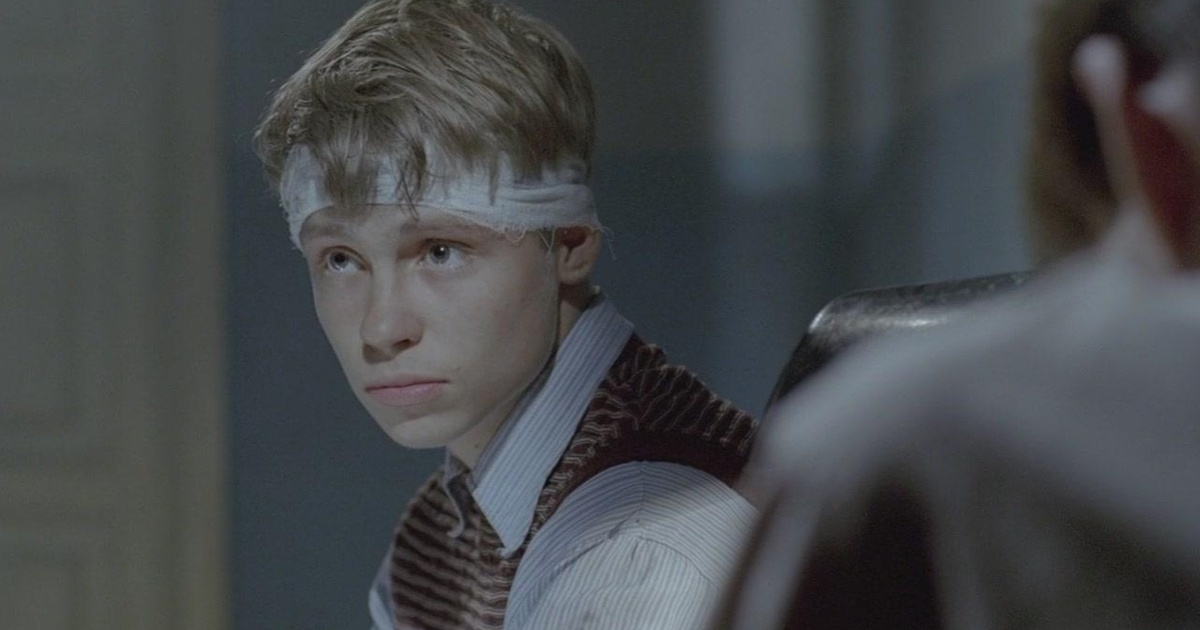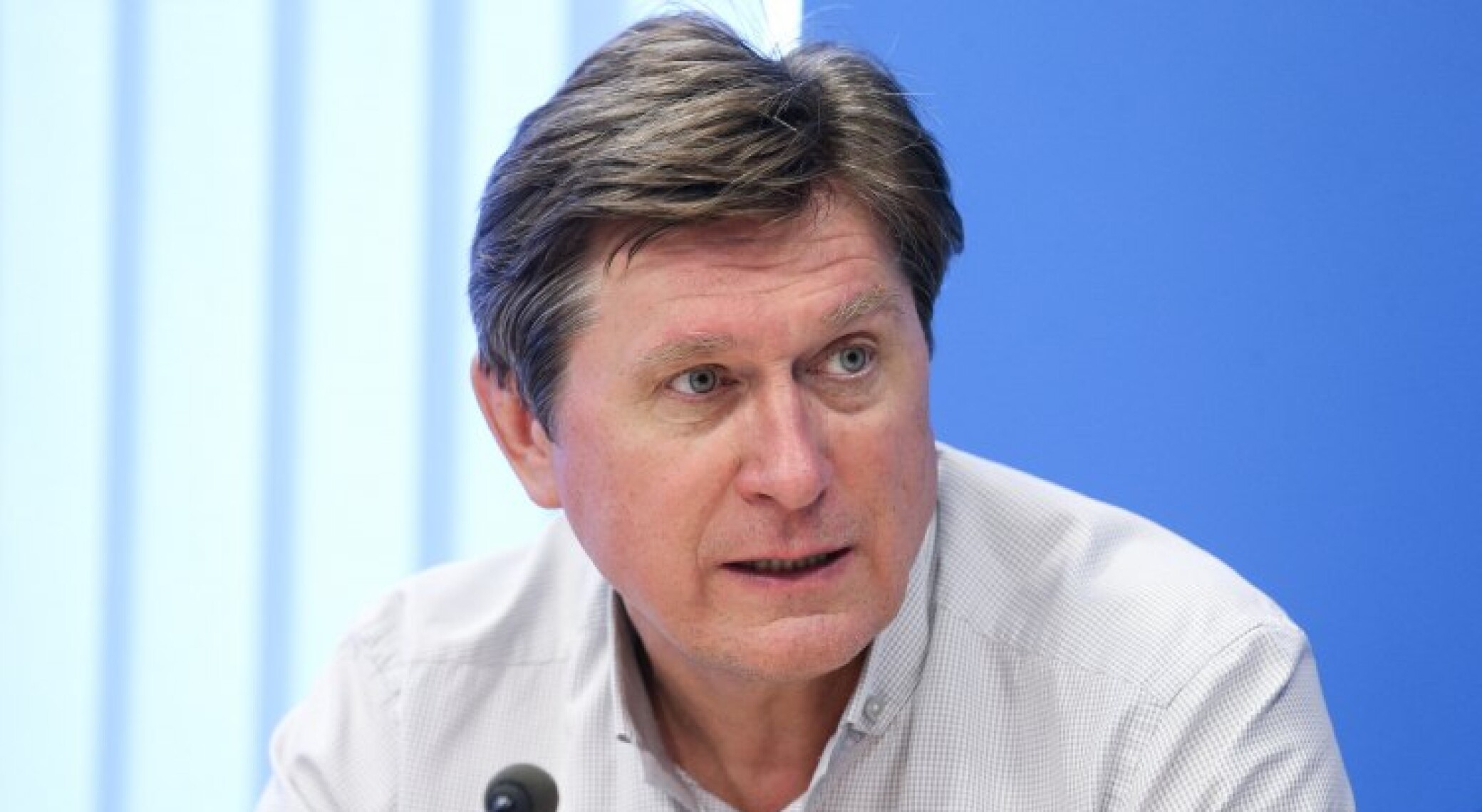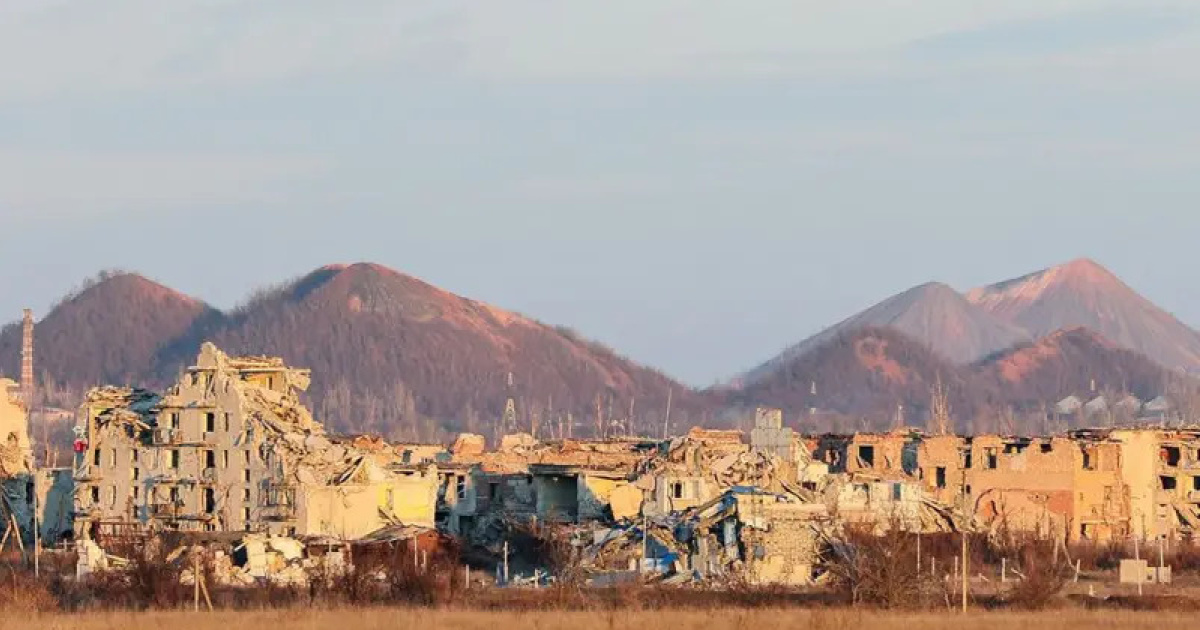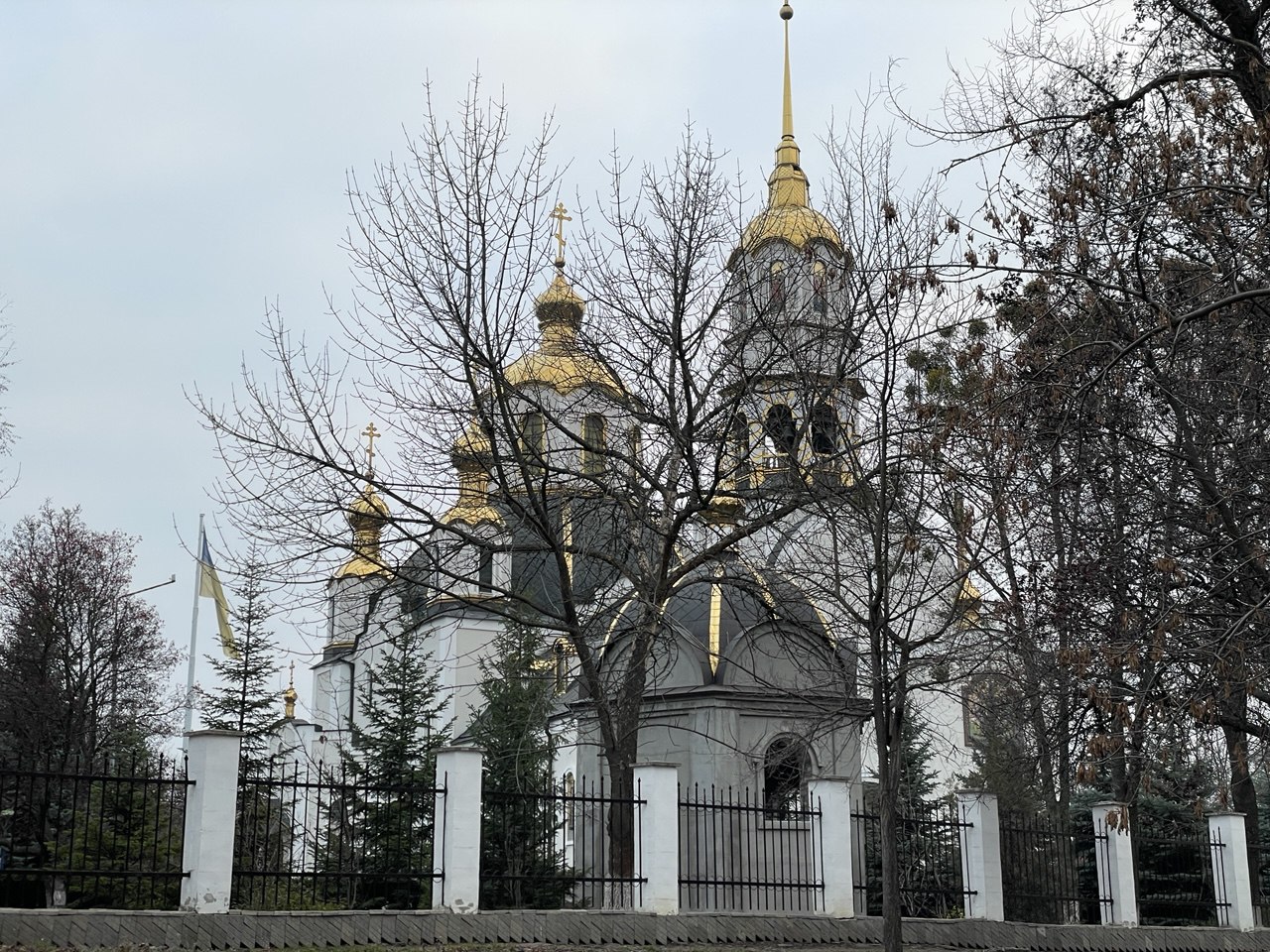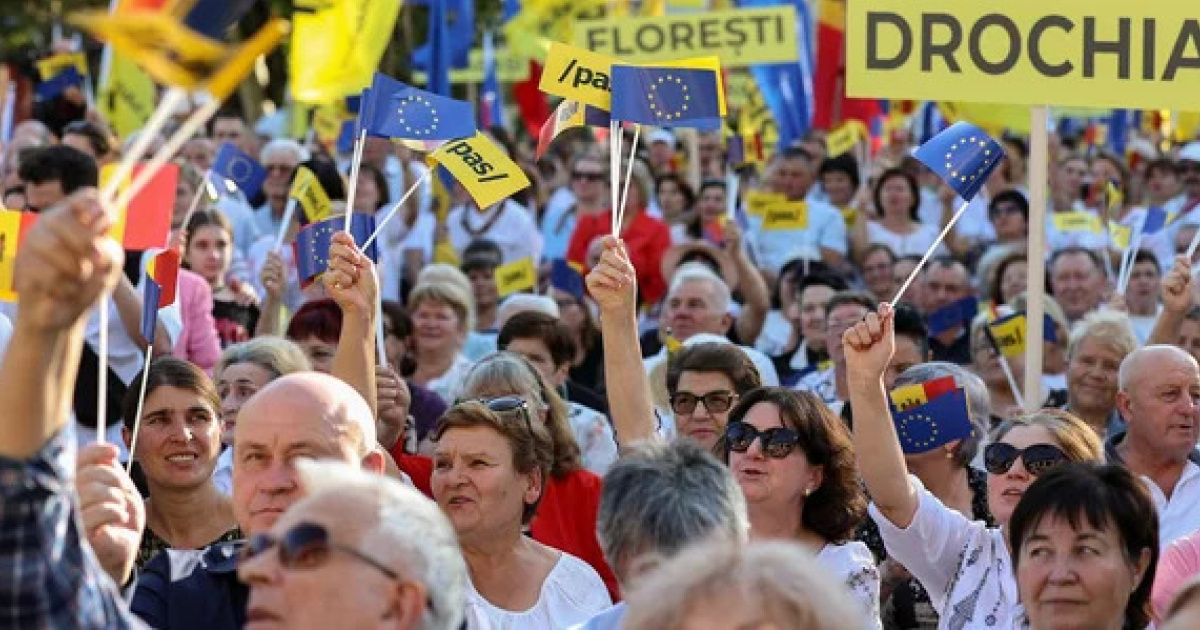
Last Sunday, Moldova held another parliamentary election — an event that many observers consider fateful not only for the country’s domestic politics but also for the entire Eastern European region. At stake were the direction of foreign orientation (pro-russian or pro-European course), security issues in the context of the war in Ukraine, the influence of hybrid threats, the level of trust in democratic institutions, and the ability to resist external interference.
The election results turned out to be unexpected: the pro-European party won and secured a majority in parliament.
Moscow actively tried to influence the electoral process — from massive bribery campaigns to disrupting voting abroad. However, these attempts proved futile. For the kremlin and its allies in Moldova, the outcome was a serious blow and even to some extent demoralized the pro-russian forces.
At the same time, the election opened a new stage of discussion about the future of Transnistria. The defeat of the pro-russian parties weakens the position of the separatist region, but it poses a difficult task for Chișinău: to develop a balanced and phased reintegration strategy that would not shift the electoral balance in favor of moscow and at the same time would not slow down the process of European integration.
OstroV spoke with Ukrainian political scientist and director of the Center for Political Studies "Penta", Volodymyr Fesenko, about the significance of this election, the lessons for Ukraine, and the risks that remain for Moldova.
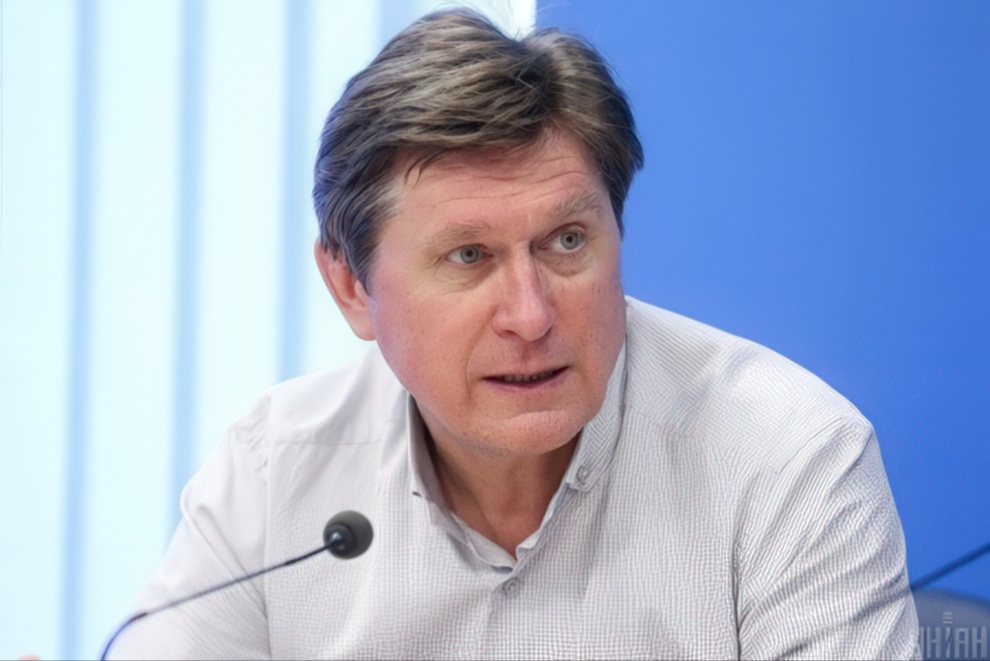
– Overall, how would you assess the results of the parliamentary election in Moldova? What did they show?
– Undoubtedly, this is a positive result. This is one of those cases where there is no disappointment due to overly high expectations, but rather the opposite — when anxious expectations did not come true. I mean the result of such a complete victory — albeit by a small margin, but a victory for the ruling pro-European party. After all, more expected scenarios were either the victory of pro-russian forces, or when neither the pro-European party nor the pro-russian forces would gain a majority in parliament, creating a deadlock situation in which the current government would remain in power but would have to hold another parliamentary election. This would have created political instability, which to some extent could have become a problem, including for Moldova’s European integration process.
Now it is still necessary to neutralize the risks of provocations and destabilization of the internal situation in Moldova from pro-russian forces and russian special services, but even this result, which was achieved, seems to me to some extent to demoralize the pro-russian forces in Moldova. I think it came as a surprise to the kremlin.
– Why is such a result positive for Ukraine?
– For us, it is positive in terms of securing our interests in the sphere of security, that there will be no problems related to Moldova, at least in the near future. And this is undoubtedly positive in terms of the logic of European integration, both for Moldova and for Ukraine. After all, the victory of pro-russian forces in Moldova would have been a strong argument for those European politicians who oppose the expansion of the EU. And this would undoubtedly have played against both Moldova’s European integration and Ukraine’s European integration. So of course, the assessment is positive — for us this is without a doubt a positive result.
– Can we say that moscow lost this campaign, or does it still retain significant levers of influence on Moldovan politics?
– The levers of influence remain, but moscow undoubtedly lost this election. I would put it more precisely: we are talking about the defeat of russia. This is not evidence of its weakness or ineffectiveness. On the contrary, the russian federation employed a very wide arsenal of hybrid warfare, using different tools of influence on the electoral process.
– For example?
– They resorted to telephone bomb threats to disrupt voting abroad. We know this tactic well because we also have faced it before. In Moldova’s case, the goal was to prevent the diaspora from voting, since citizens living in EU countries mostly support European integration and pro-European parties. Inside the country, a large-scale voter bribery campaign was conducted, and pro-russian political forces worked actively. Russia invested major resources in this.
But the result turned out to be the opposite. This is evidence of the victory of pro-European forces, who were able to mobilize their supporters to the maximum. As in the presidential elections, as during the referendum, they organized support, eliminated the risks of disrupted voting, and acted decisively. Even the tough steps taken by the authorities to bar certain pro-russian parties from the election played their part.
An important factor was also the assistance of Ukraine. Our special services shared information with their Moldovan colleagues about the plans of the russian special services, coordinated actions with state institutions, and shared experience. This allowed Moldova to respond quickly to threats. Therefore, this victory is not only a success of Moldova’s pro-European forces, but also partially our victory.
In a broader sense, this is indeed a defeat for russia. But not because it has "weakened", rather because the coordinated actions of pro-European forces, the support of the EU and Ukraine, neutralized its influence. This is a joint victory of our allies in Moldova, the European Union, and Ukraine.
– Can this experience be useful for Ukraine in future elections?
– Yes, absolutely. But first of all, I want to emphasize: the main thing is not to relax. For Moldova, victory in the elections opens a new stage — the formation of a government and the start of work for the new parliament. However, the electoral situation there is very fragile, essentially "50/50". We saw this in the previous elections, and now again. We also had similar examples in 2004. Such a balance of power always means the risk of a comeback. Therefore, Moldova’s pro-European forces need not only to celebrate the victory, but also to ensure real results: to demonstrate progress in European integration, in the fight against corruption, in economic and social policy. If this does not happen, public disappointment may once again play into the hands of the pro-russian forces.
As for Ukraine, there are several important points we should take into account. First of all — we need to study the experience of how russia tried to influence the elections in Moldova. In our case, openly pro-russian forces will no longer have a chance in direct form, but moscow will look for other ways: destabilization through online campaigns, through "neutral" political projects, through financial bribery. In Moldova, voter bribery was used on a massive scale. A new trend even appeared — the so-called "online bribery". And we must be ready for this aw well.
The second important lesson is the organization of voting abroad. For Moldova, the diaspora’s votes became a key factor in favor of pro-European parties. Their diplomatic institutions have not for the first time ensured active voting by their citizens. Our situation is much more complicated: millions of Ukrainians are abroad, and so far no one knows how actively they will vote and which political forces they will support. This is a major uncertainty. But we must definitely study Moldova’s experience — both organizational and technical — because it may be useful for building our system of voting abroad.
– Can the Moldovan authorities change their policy towards Transnistria after the elections?
– Right now it is very important not to take abrupt steps and not to swing to extremes. Yes, certain changes are inevitable, but they must be tactical and balanced. The greatest challenge for them is to develop a new, clear, and step-by-step strategy for the reintegration of Transnistria.
The situation has turned out in such a way that Transnistria has effectively found itself in isolation. The defeat of pro-russian forces in Moldova’s parliamentary elections has significantly weakened its position, and russia’s war against Ukraine has cut off most channels of direct support. If the kremlin cannot achieve success in the war, Transnistria in its current form simply will not survive. Already now it is clear: the model that had functioned for decades has exhausted itself.
At the same time, the question remains open — what kind of integration should it be. Russia previously actively promoted the scenario of a rapid "reintegration on russian terms". The idea was to formally unite Moldova and Transnistria, but in reality to create a powerful pro-russian enclave within the country that would internally block the European course. The kremlin even hoped to use this as an argument in international negotiations, saying, "here is an example of a peaceful settlement". For Moldova and Ukraine, such an option would be catastrophic. Today russia has fewer resources, but new attempts to exploit the issue of Transnistria cannot be ruled out.
Therefore, the new strategy must be built step by step. The first step is economic integration. It has already partially taken place, but deeper changes are needed: a new model of trade, the transfer of Transnistrian enterprises into Moldova’s legal framework, and a gradual transformation of the region’s economic structure. The second step is political transformation. In Transnistria, an authoritarian or semi-authoritarian regime has existed for many years. It needs to be dismantled, and conditions for democratic institutions need to be created. Here it is important to look for allies within the region itself: civic groups, youth initiatives, political cells that could support the course toward European integration. They must become Moldova’s partners.
The key issue is security. The russian military contingent in Transnistria must be withdrawn. Without this, it is impossible to talk about real reintegration. And only after the economic and political problems have been resolved can the issue of Transnistrian residents participating in nationwide elections be raised. This must be the final stage, not the starting point.
There is another fundamental point, important also for our own experience: people with russian passports do not have the right to participate in elections. This is a matter of national security. Such restrictions may seem harsh, but they are necessary to prevent the kremlin from interfering in the country’s political life.
– What do you say about the military scenario?
– From time to time, ideas are voiced about deploying a Ukrainian contingent in Transnistria. That would be a strategic mistake. In the opinion of serious experts — both ours and Moldovan, who support European integration — this would be a major mistake. Such a step would immediately provoke a negative reaction from Moldovan society, spark a new split in public opinion, and hand arguments to pro-russian forces. In addition, it would divert part of our military resources, which are critically needed in other directions today.
The problem of Transnistria must be solved exclusively by political methods. Ukraine must be an active partner of Moldova in this process, but assistance should be provided through diplomacy, coordination with European colleagues, and participation in the development and implementation of a long-term strategy. This is the path that will allow both preserving stability in the region and minimizing russia’s influence.
By Vladyslav Bulatchik, OstroV


